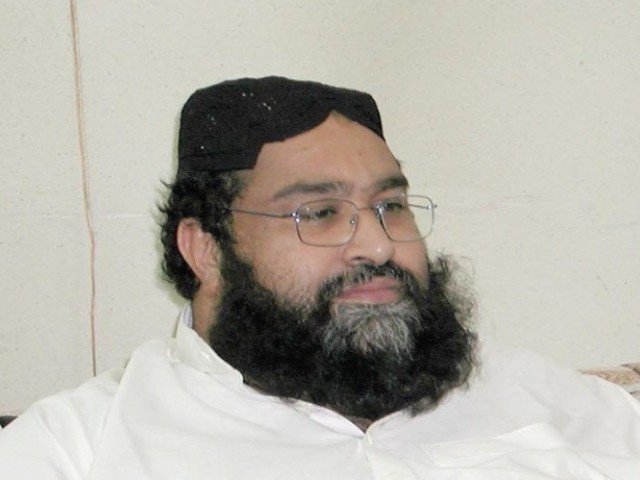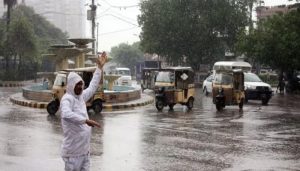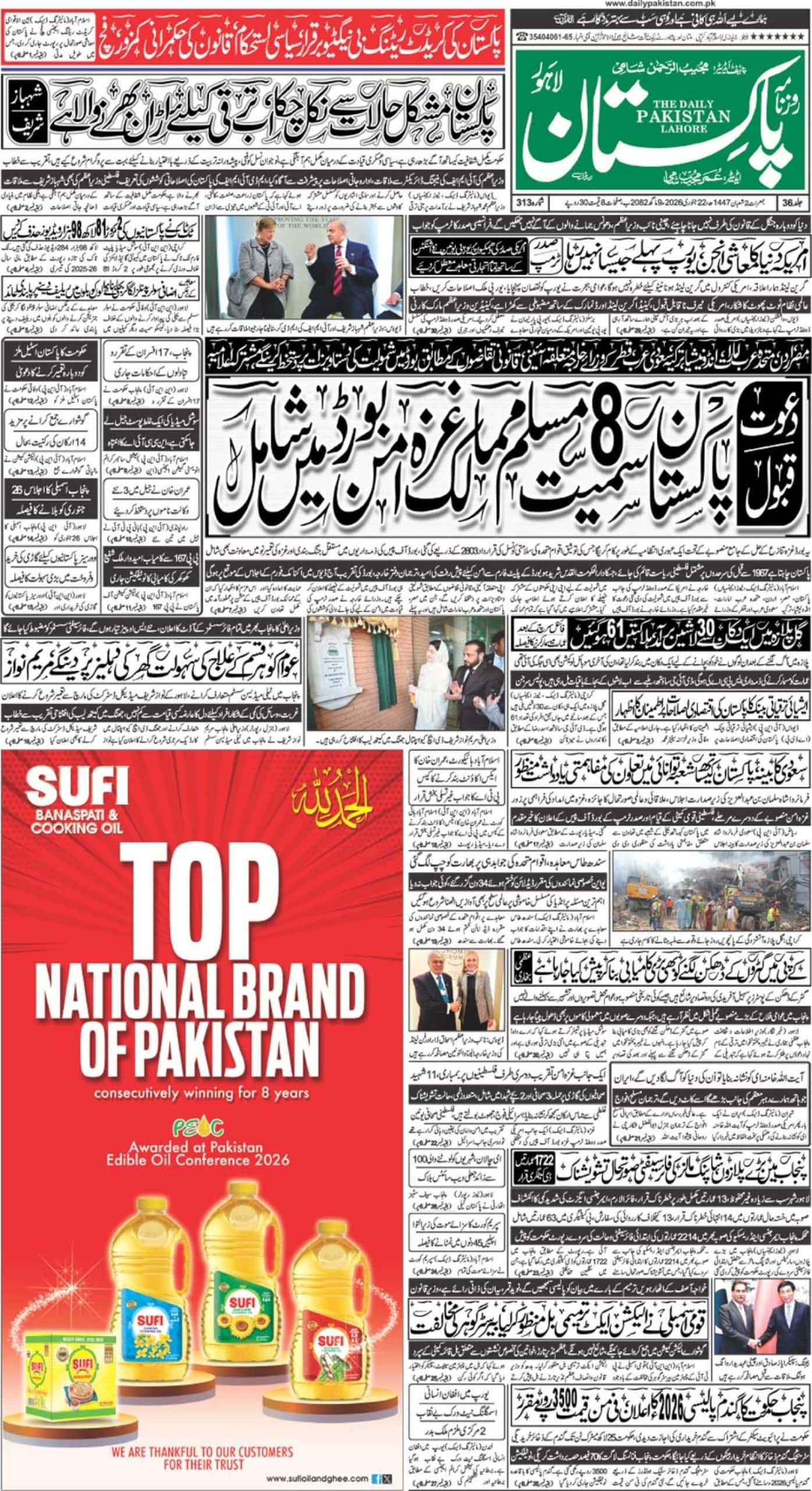ISLAMABAD (Staff Report) – Speakers at conference called upon religious scholars to play role in tackling challenges posed by climate change during Friday mosque sermons and Sunday church services besides introducing regular lectures in seminaries.
They were speaking on Thursday while addressing in the moot-“What can religious actors do about climate change and protecting God’s creation through interfaith action,” organised by Norwegian Church Aid(NCA).
“Climate change is emerging as one of the biggest challenges which also affected agriculture sectors in Pakistan either due to excessive rainfall or droughts”, Secretary Climate Change Syed Abu Ahmed Akif said.
He said religious scholars who were regarded as opinion leaders could play effective role by highlighting importance of planting more trees or protecting forest with references from to successfully face challenges in wake of climate change.
“Islamic teachings stressed upon judicious use of natural resources including water which was a precious gift from Allah, but it was wasted or excessively used”, he said.
In fact, Syed said, according to Islam water should not be used excessively even when one is making Wazoo(ablution). But even then, he said, the precious natural gift was misused or wasted altogether. He said there were multiple reasons for climate change, one leading towards the other, adding use of excessive energy, deforestation, expansion of urbanisation and rapid air pollution were leading factors of climate change.
He said lavish life style where resources or facilities like vehicles were misused and carbon emissions posed threat to human lives either in the shape of climate change or any lethal disease.
Other speakers including Religious scholar Tahir Ashrafi said the universe had been created in a balanced manner, but due to wrongdoings, enmity and corruption etc had caused challenges like climate change.
Therefore, there was a need to join hands and promote brotherhood, harmony for ensuring durable peace in society to overcome problems. He said Islam teaches unity, brotherhood and tolerance, but unfortunately, he said problems started when faith was imposed on others and such situation led to disharmony and hatred in society.
He said it was a responsibility of each individual including religious scholars to play role in ensuring peace in which solution also rested to climate change like challenges. He added cleanliness had great importance in Islam and when there were trees and forestation, then there would be clean and healthy air to breathe and clean diet to eat.
Besides urging religious scholars to lend hand, other speakers said there was a need to take concrete measures to prevent deforestation and expansion of urbanisation which contributed in the country’s climate change.
Ghazali Education Trust Pakistan European Coordinator Mian Muhammad Tayyib said, “Men and women must serve their Creator by taking good care of themselves and the environment. The Creator shaped the earth and will be watching our actions,” adding that proactive action to save our planet is no longer a matter of choice but an imperative upon us all
” COP 21 in Paris agreed to limit carbon emissions, but in a non-binding agreement which has yet to be ratified. “There is no system for its implementation. The climate change agreement is still human-centric, when it should be eco-centric or earth-centric,” Luther Seminary Professor Emeritus Dr Charles Amjad-Ali said.
NCA Adviser on Climate Change Justice and Energy Ingrid Naess-Holm shared his experience with the interfaith climate change network in Norway. Church of Norway Deputy General Secretary Rev Einar Tjelle and others also spoke.













